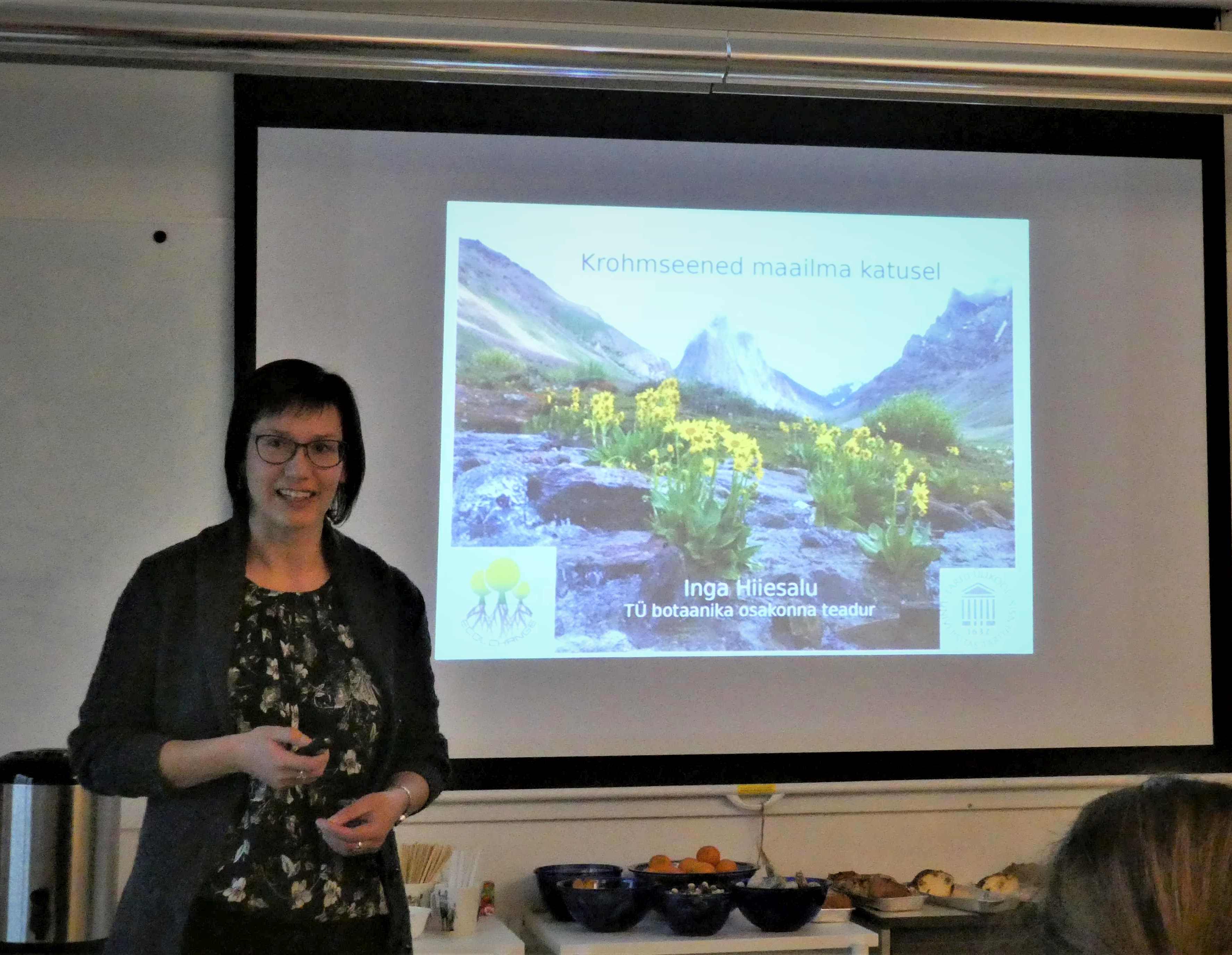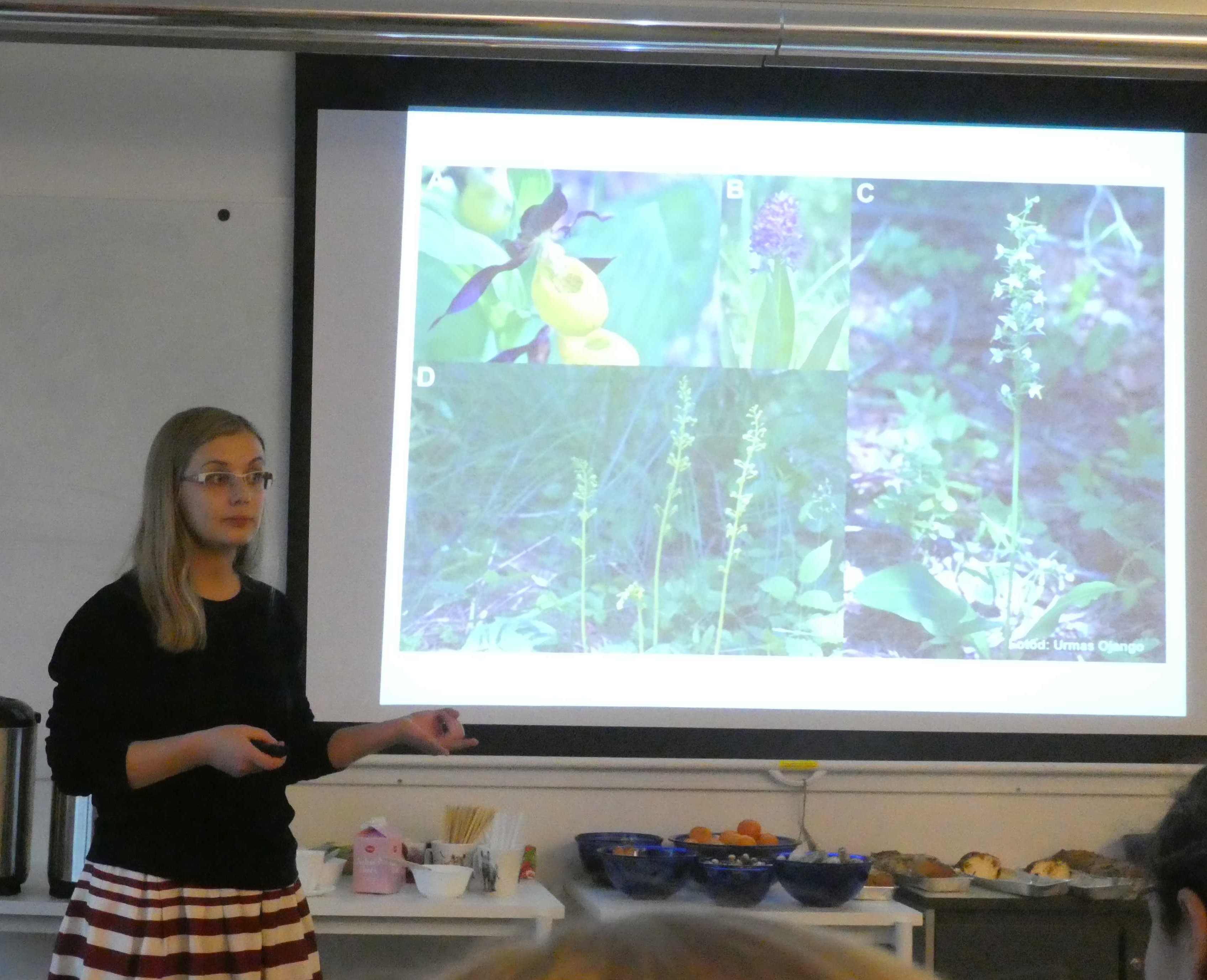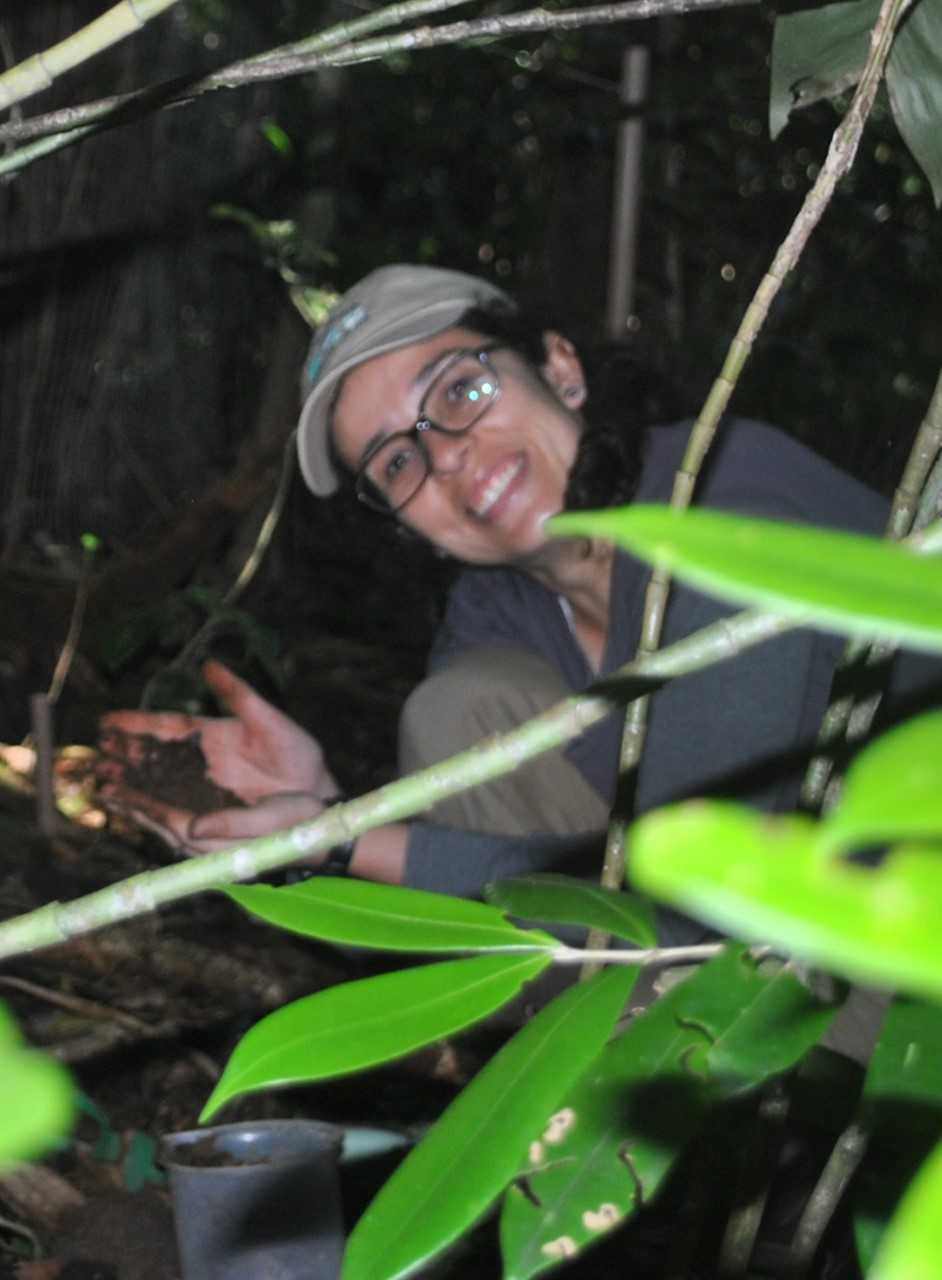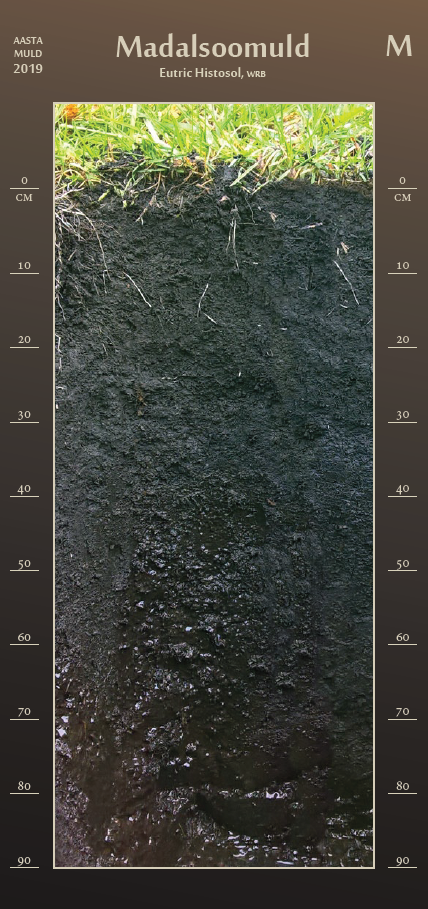Plant Ecology Laboratory
Research in our lab focuses on diversity patterns in biological communities, and on the interactions underlying these patterns. The main questions we address are: how do communities vary along natural gradients and gradients of human impact? What are the major assembly rules shaping communities; and are they attributable to biotic interactions or environmental heterogeneity? What are the roles of different biotic interactions - including competition, facilitation, herbivory and symbiosis - in structuring communities? Read more
News archive - December
Specialisation in arbuscular mycorrhizas
December 2018
Siim-Kaarel and others published a paper in Molecular Ecology, where they used exhaustive sampling of a plant community and network analysis methods to demonstrate host preference in arbuscular mycorrhizal (AM) symbiosis. Despite the low number of AM fungal species available for this ubiquitous symbiosis with most land plants, not all partners are equal. From the plant side, there was apparent symbiont preference with forbs and facultatively mycorrhizal plants (ones who can live with mycorrhiza and without) being more selective of their fungal partners.
Yearly meeting of the Estonian Mycological Society
December 2018
 On 8th of December, the Estonian Mycological Society held its yearly meeting called Actiones. Among others, Jane Oja, who recently defenced her PhD gave a talk on orchid mycorrhiza and researcher Inga Hiiesalu presented her project on AM fungi in high-altitude Himalayas. In addition to presentations, the member of the Mycological Society voted for the Mushroom of the Year 2019, which is Coprinus comatus – shaggy ink cap!
On 8th of December, the Estonian Mycological Society held its yearly meeting called Actiones. Among others, Jane Oja, who recently defenced her PhD gave a talk on orchid mycorrhiza and researcher Inga Hiiesalu presented her project on AM fungi in high-altitude Himalayas. In addition to presentations, the member of the Mycological Society voted for the Mushroom of the Year 2019, which is Coprinus comatus – shaggy ink cap!
We welcome Claudia! Visting post-doc from Brazil
December 2018
 Claudia is a postdoctoral fellow from São Paulo State University (UNESP, Brazil) investigating the ecological consequences of the loss of large herbivores, for the diversity of plants and associated arbuscular mycorrhizal fungi in the Atlantic Forest. As part of her research, she is in Tartu to learn about the molecular and statistical techniques to identify and analyse the fungal community data from soil and root samples collected in a long-term experiment in Brazil. She is supervised by Maarja Öpik and eager to establish new collaborations with students and researchers here. We welcome Claudia and wish her an interesting and fruitful stay here in Tartu!
Claudia is a postdoctoral fellow from São Paulo State University (UNESP, Brazil) investigating the ecological consequences of the loss of large herbivores, for the diversity of plants and associated arbuscular mycorrhizal fungi in the Atlantic Forest. As part of her research, she is in Tartu to learn about the molecular and statistical techniques to identify and analyse the fungal community data from soil and root samples collected in a long-term experiment in Brazil. She is supervised by Maarja Öpik and eager to establish new collaborations with students and researchers here. We welcome Claudia and wish her an interesting and fruitful stay here in Tartu!
World soil day 2018
December 2018
 On the 5th of December, the world celebrates international soil day. Festivities also took place in Tartu, where the University of Life Sciences held a traditional Soil Day conference. This year the main subject of the conference was soil biota. From our working group, Maarja Öpik gave a presentation about soil fungi, followed by other presentations about arthropods, bacteria and mites. On this day, it has also become a tradition to announce the Estonian soil of the year. In 2019, it will be Eutric Histosol, wet and delicate! These soils, once abundant in Estonia, are very fragile when agriculturally managed and are in the forefront of action against carbon emissions and climate change.
On the 5th of December, the world celebrates international soil day. Festivities also took place in Tartu, where the University of Life Sciences held a traditional Soil Day conference. This year the main subject of the conference was soil biota. From our working group, Maarja Öpik gave a presentation about soil fungi, followed by other presentations about arthropods, bacteria and mites. On this day, it has also become a tradition to announce the Estonian soil of the year. In 2019, it will be Eutric Histosol, wet and delicate! These soils, once abundant in Estonia, are very fragile when agriculturally managed and are in the forefront of action against carbon emissions and climate change.
2022: march, august
2021: february, may, august, september, october
2020: february, august, september, december
2019: january, february, march, april, june, july, september, november
2018: january, february, march, april, may, june, july, october, november, december
2017: january, february, march, april, may, june, july, august, september, october, november, december
2016: january, february, march, april, may, july, august, october, november, december
2015: january, february, march, april, may, july, august, september, october, november
2014: january, february, may, july, august, september, november, december
2013: january, february, april, may, june, august, september, october, november, december
2012: january, february, march, april, may, june, august, september, october, november, december
2011: may, june, september, october, november

